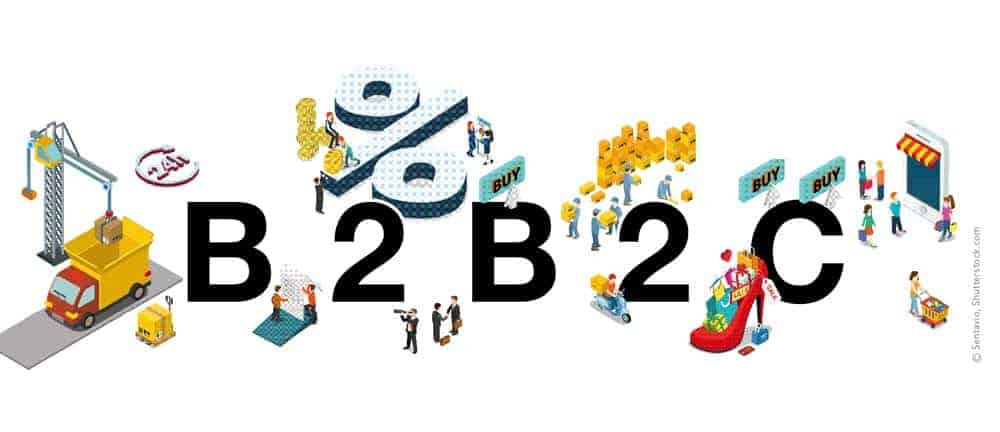How do speak-up culture and SAP BTP fit together?


Actually, I wanted to start this article with a derivation of the requirements from the present draft bill on the Whistleblower Protection Act, which still has to be implemented in national law in 2022 and will pose considerable challenges to all legal entities in the private and public sectors with 50 or more employees, including the prospect of sanction measures and fines.
In the wake of various discussions with compliance officers and those responsible in specialist departments and IT, however, I have come to the conclusion that the basis for successful implementation of the "Law for the Better Protection of Whistleblowers and for the Implementation of the Directive on the Protection of Persons Reporting Breaches of Union Law" - the title of the national approach - is not based on legislative requirements, but on a fundamental change in existing corporate cultures.
The term speak-up culture refers to an environment in which employees can communicate even sensitive topics openly and without fear of negative consequences. They feel valued and secure in their company. This automatically leads to these employees identifying more strongly with their employer and behaving more loyally. However, the term "whistleblower" still has negative connotations in most people's minds. "Nestbeschmutzer" also spontaneously popped into my head when I approached this topic. This negative prejudice leads most people to refrain from reporting due to fear of personal disadvantages, exclusion or dismissal.
Companies benefit in many ways from the timely identification and internal handling of grievances, since, for example, reputational damage, sanctions from the GDPR, or even compensation payments can be avoided or at least mitigated. And it is precisely this basic trust that is the starting point for the effectiveness of whistleblower systems, as these are predominantly used by employees who are very familiar with the daily work processes, systems, partner, supplier and customer relationships and can clearly identify weak points. Even if a report of misconduct is submitted anonymously, a whistleblower must be able to assume that even internal system administrators cannot trace the reporting path via telephones, e-mail or IP addresses if instructed to do so.
SAP BTP as a basis
Of course, the vast majority of employees do not live in this ideal world, and this is what ultimately prompted us to develop and position in the market what we consider to be a whistleblower service that is new in many respects and based on the SAP Business Technology Platform (BTP). Outsourcing is the keyword. Of course, this platform is also suitable per se for use as a complaint system in the context of the German Supply Chain Compliance Act (Lieferkettensorgfaltspflichtengesetz - LkSG) and thus represents a cornerstone of a compliance management system. In particular, the automated tracking of notices or complaints in downstream SAP backend systems in industry or commerce appears very promising through the use of SAP-BTP-based RPA solutions.
My summary: The decision to use SAP BTP as the basis for this true value-added service for the European market was the right one. The use of certified infrastructures (IaaS), the multi-certified platform and the services themselves (PaaS) and CLUE#ZO as a SaaS offering developed by us was a challenge well met. How nice it would be if there was more real content like this on SAP BTP!






